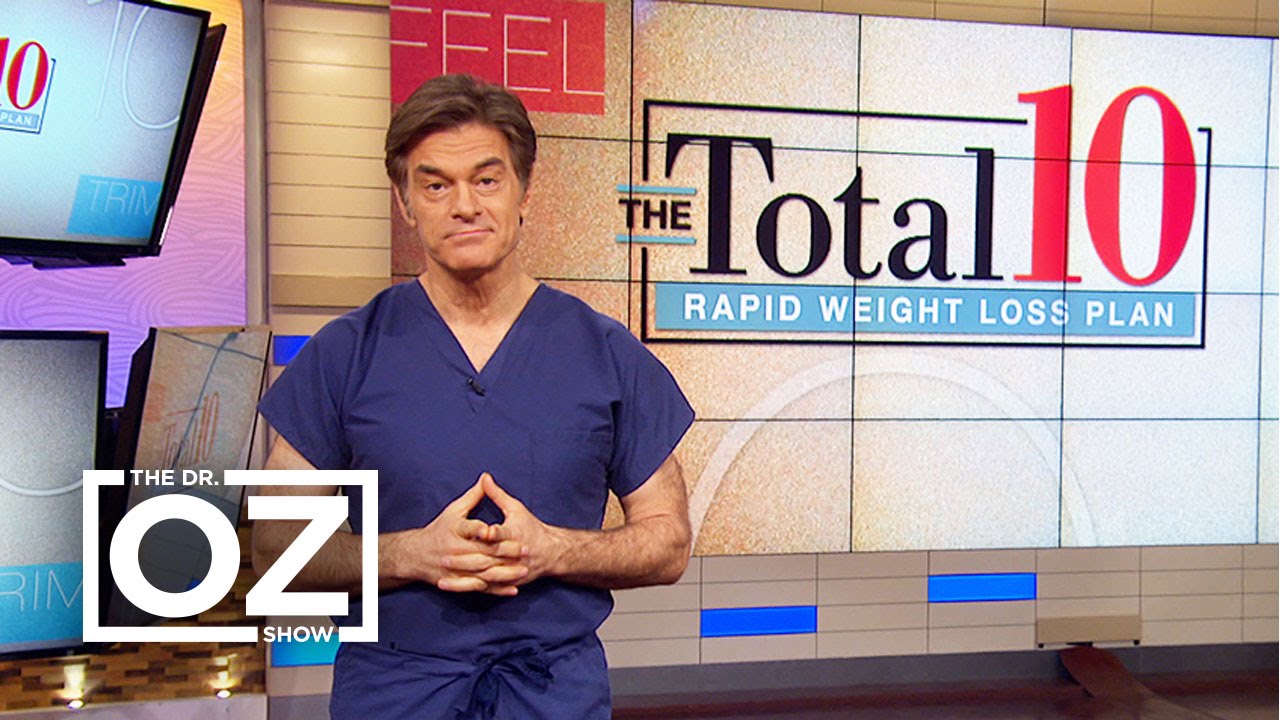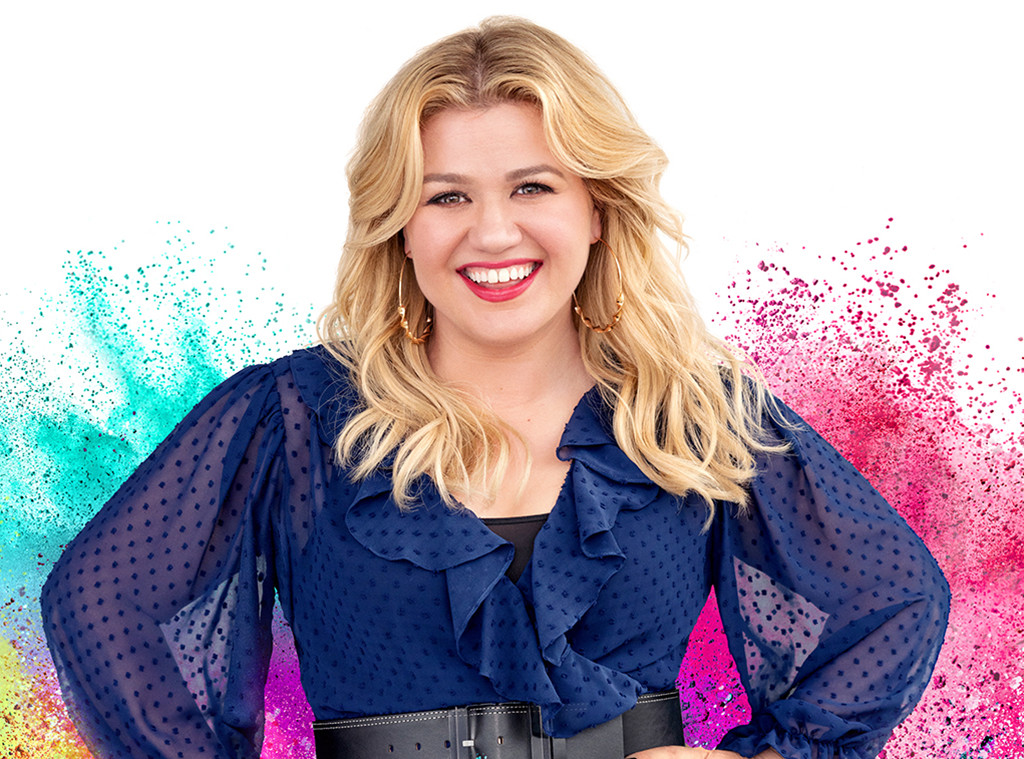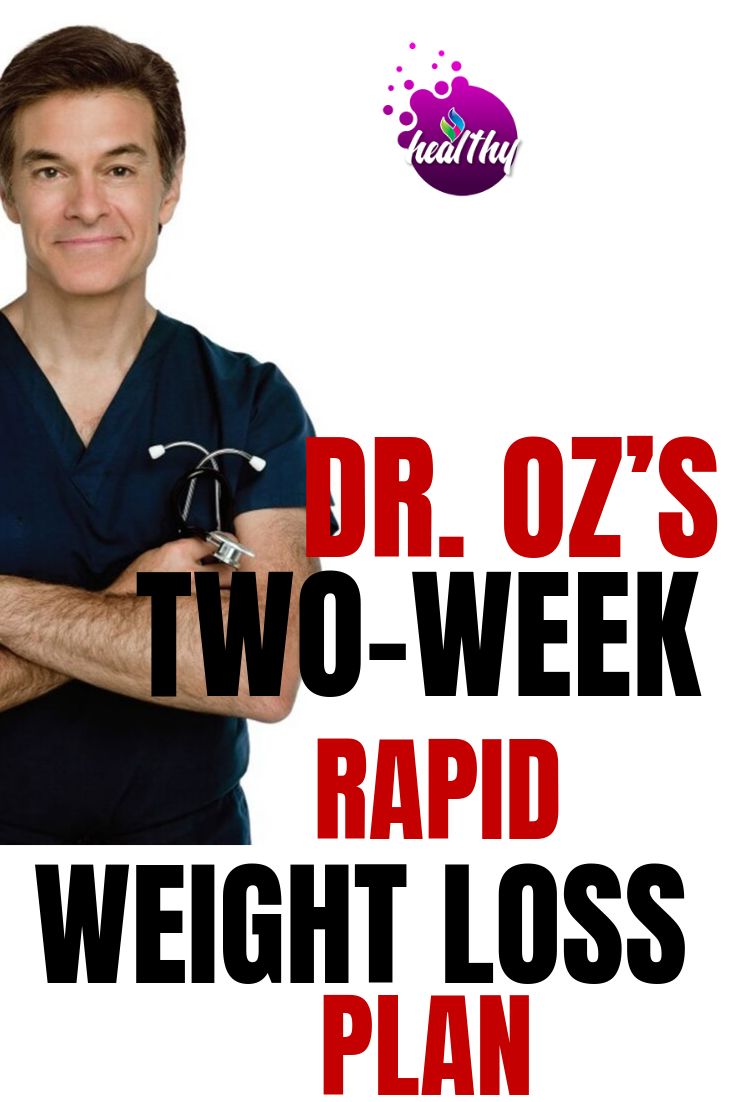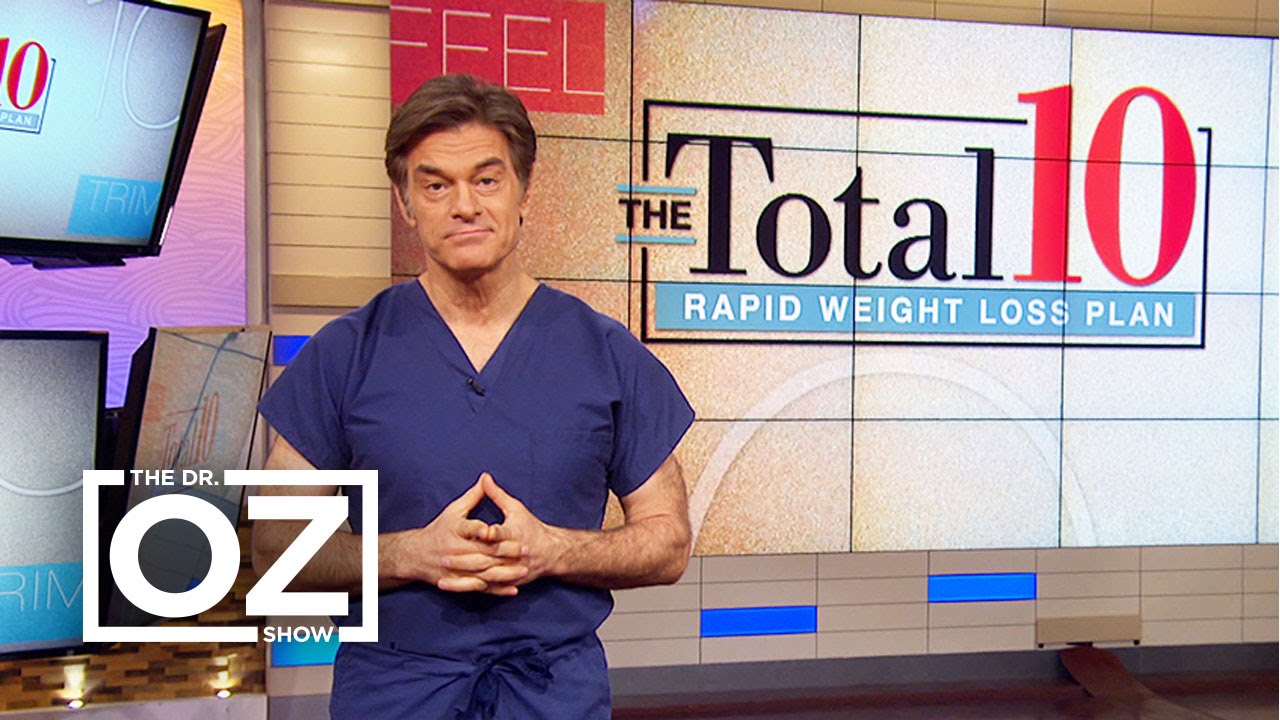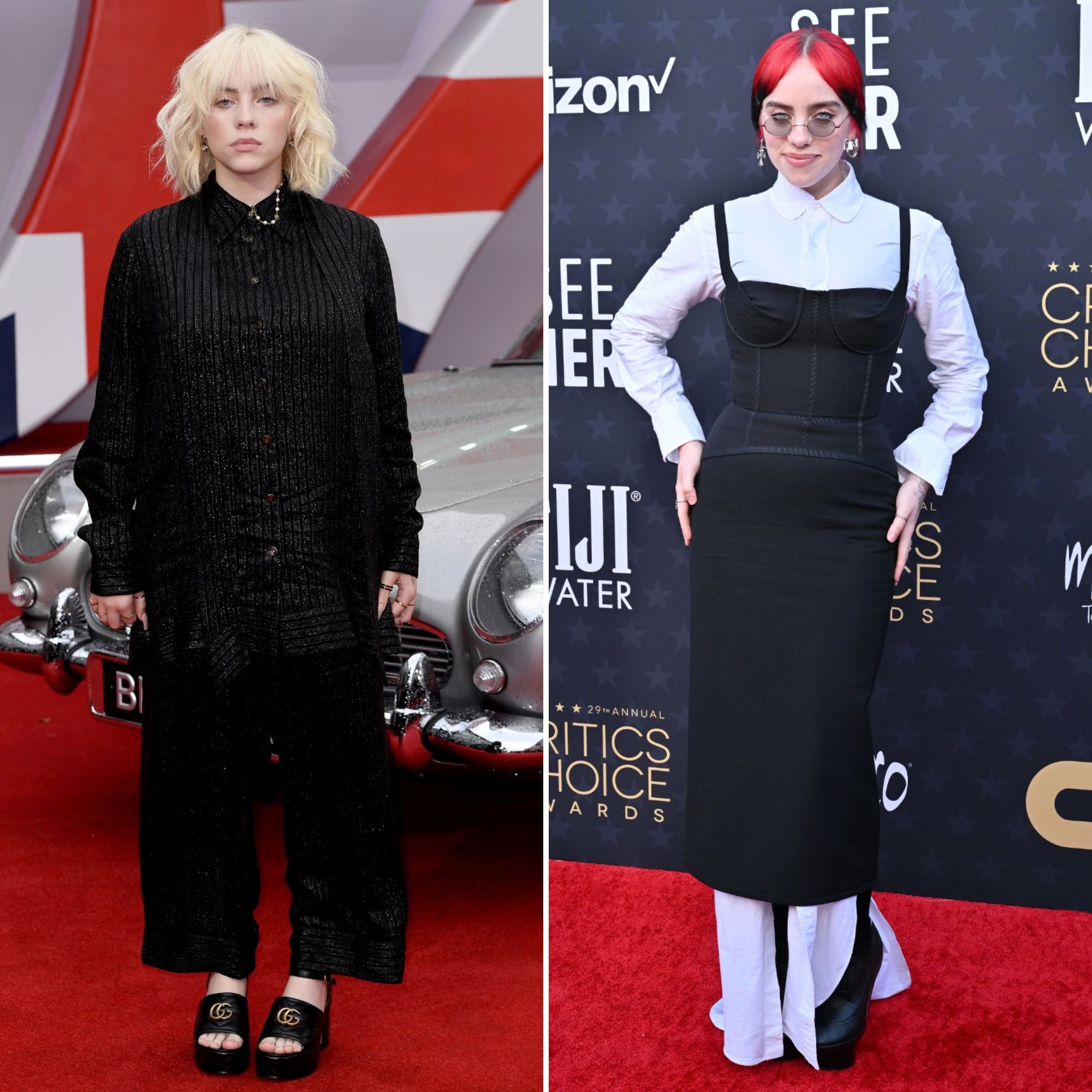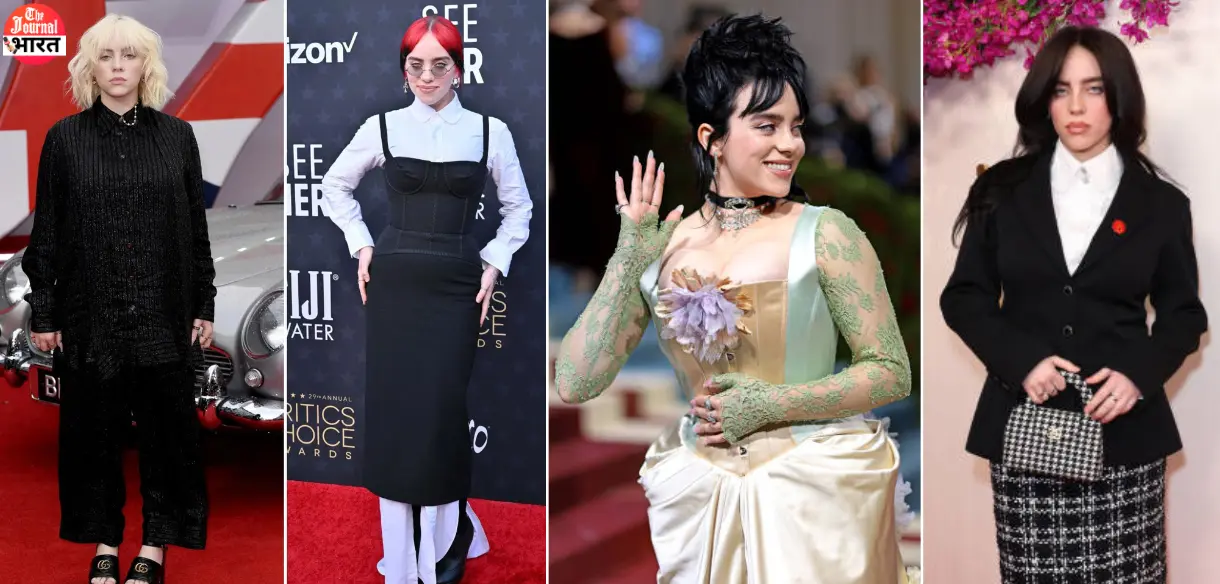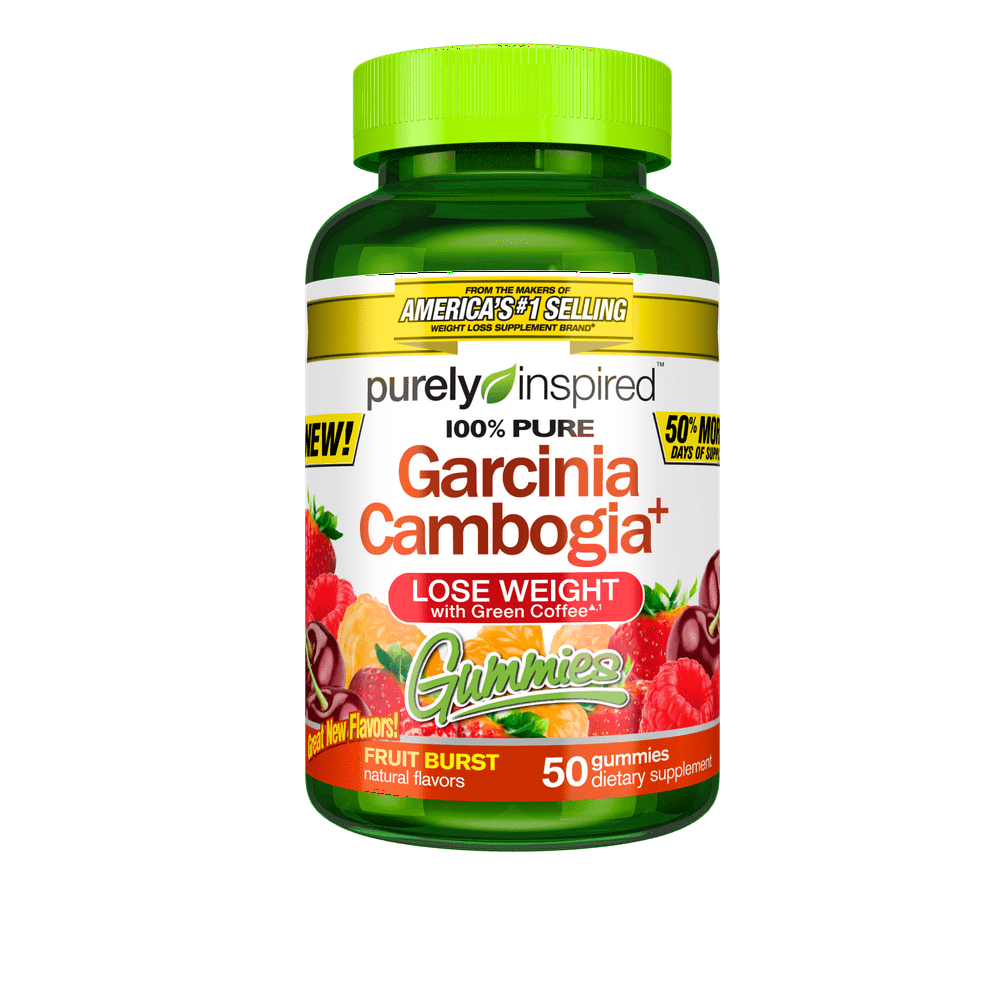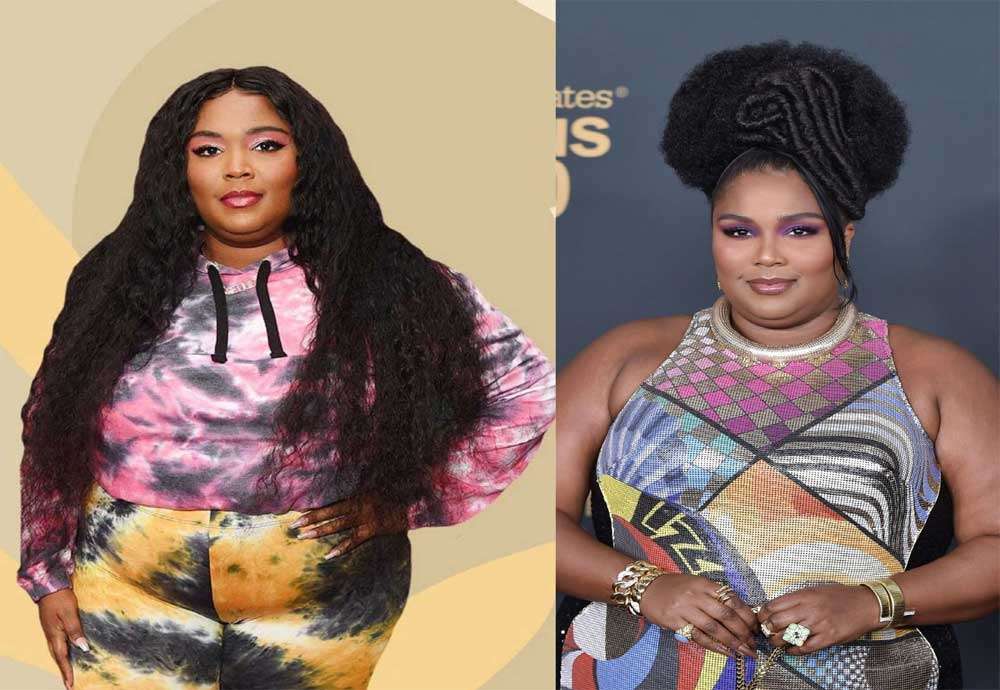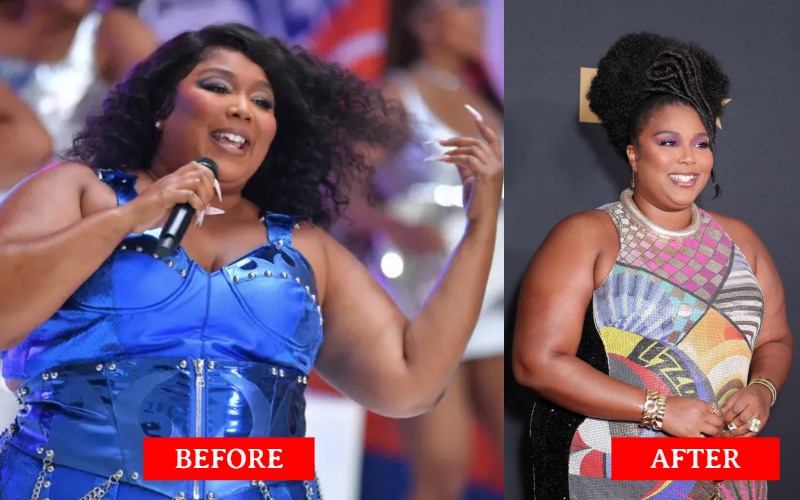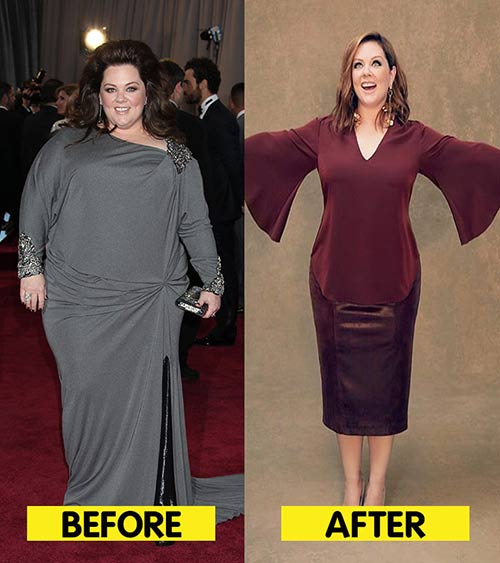Kelly Clarkson, the powerhouse singer and beloved talk show host, has made headlines not just for her incredible talent but also for her notable weight loss journey. Unlike many celebs, Clarkson has been candid about the ups and downs of her health and weight, making her story relatable to many. In her journey, Dr. Oz has played a pivotal role, emphasizing the importance of combining healthy lifestyle choices with medical support. Let’s delve into how Kelly navigated this transformation and the insights Dr. Oz provides along the way.
Why Kelly Clarkson’s Weight Loss Matters
As someone who has often been in the public eye, Clarkson’s weight loss isn’t just a personal milestone; it represents a broader conversation about body image, health, and self-acceptance. Clarkson has openly discussed her struggles with body confidence and the pressures of fame, making her insights all the more invaluable to fans and individuals facing similar challenges.

Kelly Clarkson’s Journey: The Basics
Over the years, Clarkson has managed to shed around 60 pounds—a feat she attributes to a combination of medical intervention and lifestyle changes. Clarkson emphasizes a significant dietary shift towards healthier options, including:
- A balanced diet rich in vegetables
- Lean proteins
- Cutting out processed foods
In her own words, “I eat a healthy mix. I dropped weight because I’ve been listening to my doctor.” This approach highlights the critical role medical supervision plays in weight management.
Dr. Oz’s Insights on Kelly’s Transformation
Dr. Mehmet Oz, a well-known television personality and cardiothoracic surgeon, has been an advocate for healthy living. In past interviews and segments, Dr. Oz has emphasized that weight loss is not solely about dieting. Here are some key points he has shared regarding Clarkson’s journey:
1. The Importance of a Personalized Approach
Dr. Oz underscores that weight loss should be personalized. For Clarkson, this meant addressing specific health concerns she faced, which led to prescribed medication that aided her weight loss journey. Rather than jumping from one fad diet to another, Oz advises a more sustainable approach—much like what Clarkson has embraced.
2. The Role of Medication
Contrary to rumors, Clarkson revealed on her show that while she did use medication to assist her weight loss, it was not Ozempic, a popular drug often discussed in celebrity weight loss chats. Instead, she had been prescribed medication tailored to her health needs, aiming to manage blood sugar levels. She openly stated, “I was encouraged by my doctor to start medication to help break down sugar.” This transparent discussion surrounding weight loss medications is crucial for understanding that they may complement lifestyle changes rather than replace them.
3. Emphasizing Healthy Eating Habits
As part of her weight loss plan, Clarkson has focused on eating nutrient-dense foods that support her health. Dr. Oz resonates with this approach and stresses avoiding processed ingredients, high levels of sugar, and unhealthy fats. “It’s about making sustainable changes,” he advises. This balanced perspective is essential for long-term success.
Regular Physical Activity
Along with dietary changes, regular exercise has been crucial in Clarkson’s journey. She has shared that walking regularly has contributed significantly to her weight loss success. Dr. Oz echoes this sentiment, suggesting that incorporating physical activity that you enjoy can help not only in weight loss but in maintaining overall health.
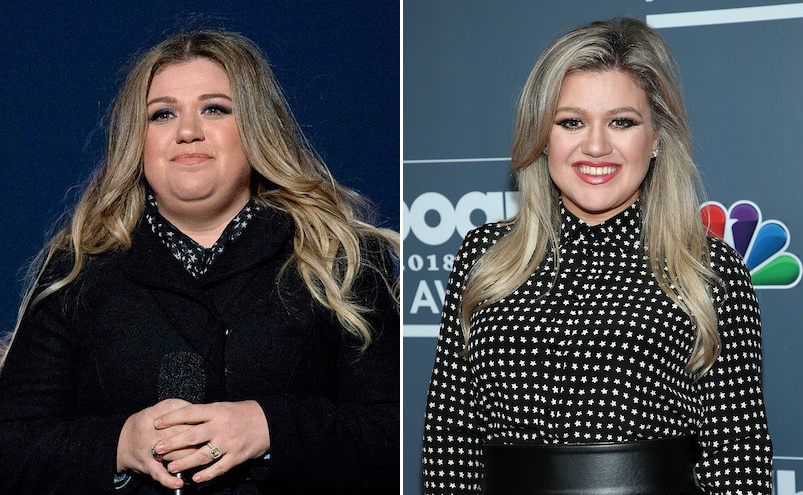
Real-World Reflections: Kelly’s Impact
Clarkson’s journey has resonated with many fans, showing that it is possible to be active, healthy, and enjoy life without succumbing to strict dieting. Her honesty about the struggle has sparked conversations about self-acceptance, reminding fans that self-worth should not be tied to weight alone.
Celebrity Influence
Clarkson isn’t the only celebrity to publicly discuss weight struggles. Others, such as Adele and Jonah Hill, have also shared personal stories, encouraging followers to focus on health rather than weight. Celebrities like these have influenced the public’s perception of health and weight, creating more inclusive dialogues around body positivity.
FAQs about Kelly Clarkson’s Weight Loss Journey
1. How did Kelly Clarkson really lose her weight?
Kelly Clarkson attributed her weight loss to a combination of following a nutrient-rich diet and being prescribed medication tailored to her health needs. Consistent exercise and aligning her eating habits with doctor recommendations significantly aided her weight loss.
2. Did Kelly Clarkson take Ozempic for weight loss?
No, Clarkson has clarified that while she did utilize medication for weight loss, it was not Ozempic. She explained on her show that other medications were prescribed to help manage her health conditions.
3. What is the Dr. Oz method to lose weight?
The Dr. Oz method emphasizes structured plans, including the 21-Day Weight-Loss Breakthrough Diet, which focuses on balanced nutrition, physical activity, and medical guidance to support long-term weight management.
4. How important is diet in Kelly Clarkson’s weight loss journey?
Kelly Clarkson has highlighted the importance of a balanced diet in her transformation, which includes avoiding processed foods and maintaining a high-protein intake.
5. What exercise routines did Kelly Clarkson follow?
Regular walking has been a cornerstone of Kelly’s physical activity routine. Incorporating activities she enjoys has helped her stay committed to her fitness goals.
6. How has Kelly Clarkson’s journey influenced others?
Kelly Clarkson’s openness about her weight loss journey has fostered an inclusive conversation about body image, self-acceptance, and health, inspiring fans to choose well-being over societal expectations.
7. What lessons can we learn from Kelly Clarkson’s weight loss?
The most significant lesson is that weight loss should be focused on health and well-being rather than just aesthetics. Clarkson’s story emphasizes the importance of listening to medical advice, embracing a healthy lifestyle, and promoting self-love.
Conclusion
Kelly Clarkson’s weight loss journey highlights a multifaceted approach to health through diet, exercise, and medical support, as championed by Dr. Oz. Her story serves as a powerful reminder of the importance of self-acceptance and the value of prioritizing well-being over societal pressures. As discussions around body image continue to evolve, Clarkson’s journey remains a beacon of hope and inspiration for many.

